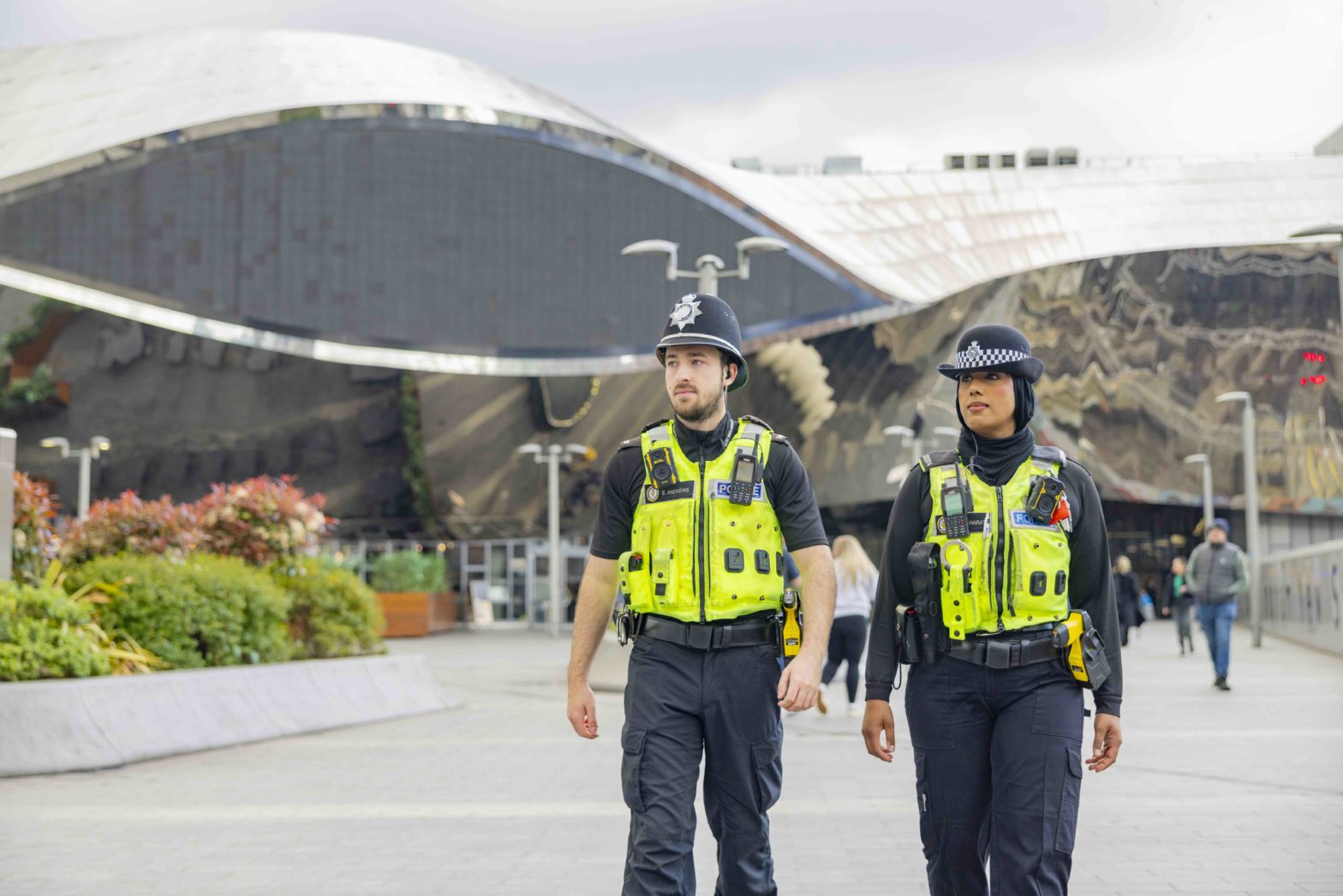
Photo: Ivan Radic
Study links Airbnb rentals to increase in neighbourhood violence
19 July 2021
by Christopher Carey
A study by researchers from Boston’s Northeastern University suggests that Airbnb listings can lead to more violence in city neighbourhoods over time.
The peer-reviewed study, Airbnb and neighborhood crime: The incursion of tourists or the erosion of local social dynamics?, published in academic journal PLOS ONE, found that rather than tourists causing a rise in crime, it was the gradual breakdown in community cohesion due to locals being pushed out that led to the increase over time.
Researchers conducted a statistical analysis of Airbnb listings and data on different types of crime in Boston from 2011 to 2017.
The team found that the more listings in any given neighbourhood, the higher the rates of violence in that neighbourhood – but not public social disorder or private conflict.
“Most of what we hear in the news are anecdotal incidents on how things can go wrong with some of these sharing economy platforms, Professor Babak Heydari from Northeastern University told Cities Today.
“Our paper shows that the policymaker needs to also pay attention to longer-term effects, things such as the deterioration of neighborhoods’ sense of belonging and damages to social capital.
“Designing policies based on these factors can sometimes be more crucial than those concerning anecdotes.”
Social fabric
The study’s co-author, Professor Daniel O’Brien, added: “What matters is not the tourists Airbnb brings to the neighborhood; instead, Airbnb creates the most transient households possible – poking holes in the social fabric of the community and undermining its natural ability to discourage and prevent crime.”
The issue of safety was highlighted in an article published by Bloomberg Businessweek last month which claimed the firm has paid millions of dollars to Airbnb hosts and guests who were victims of serious crimes in an effort to keep the details out of the public eye.
In response to the study’s findings, Airbnb published a statement on its website saying “[the research] uses an unrepresentative sample within one city to make broad nationwide conclusions; applies a faulty methodology including a flawed regression analysis; and relies on inaccurate data.”
It also suggested the rise in crime found in the study can be attributed to “many complex issues” and that “serious research to help inform and guide public policy work” was required.
Increased scrutiny
On a wider policy level, Airbnb’s presence has come under increased scrutiny in cities over the past five years, particularly in Europe, where policymakers have struggled to contain a proliferation of short-term property lets in city centres – lacking data to enforce limits on rental days or the number of properties in a building used for holiday lets.
But surging rents and a lack of availability in the private rental sector for local residents has led to an increasingly proactive approach from cities.
Earlier this month, a Paris court fined Airbnb €8.08 million (US$9.6 million) after the firm failed to comply with local regulations on listing apartments on the platform.
In September, Airbnb launched City Portal, which it called “a first-of-its-kind solution” for governments and tourism organisations. The tool aims to provide cities with better insight into rentals and compliance, bolster safety and improve communication.
Image: Ivan Radic






